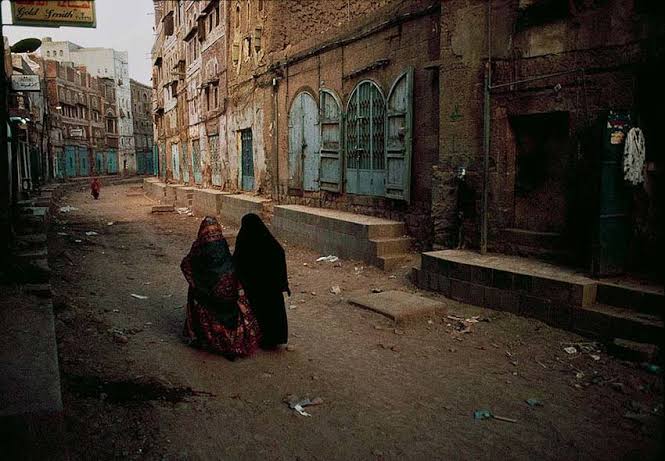
Journalist Nawal Al-Maqhafi’s exhaustive four-year investigation into the covert facets of Yemen’s enduring conflict has unearthed a shocking narrative that implicates the United Arab Emirates (UAE) in a clandestine assassination program.
The report, titled “American Mercenaries: The Missions of Assassinations in Yemen,” not only exposes the disturbing details of extrajudicial killings, manipulation, and collusion within the conflict but also places confessions from American mercenaries at the forefront of these revelations.
The crux of Al-Maqhafi’s findings revolves around these mercenaries candidly admitting to receiving a list of targeted victims directly from the Emirati government.
This revelation peels back the layers of the methods employed by UAE-backed forces in executing covert assassinations, with a focal point on southern Yemen and the city of Aden.
The United Arab Emirates (UAE) engaged U.S. mercenaries to conduct targeted assassinations of political and clerical figures in Yemen.
This revelation unveils a covert dimension to the geopolitical dynamics in the region, raising significant questions about the UAE’s involvement in such clandestine operations and the utilization of American mercenaries for these purposes.
The disturbing saga extends beyond the immediate confessions, delving into the murky origins of this covert campaign initiated in 2015 by former American Special Forces operatives turned mercenaries, paid by the UAE.
As Yemen grapples with a nine-year-long civil war and a dire humanitarian crisis, the report exposes the dark underbelly of the conflict, implicating the UAE and Saudi Arabia’s coalition in a covert war marked by targeted assassinations.
Notably, the investigation sheds light on the alarming twists in the UAE’s anti-Al Qaeda stance, with accusations of pardoning and recruiting Al Qaeda members as operatives for its assassination program.
Exclusive interviews with a Yemeni whistleblower add a chilling layer, suggesting that these mercenaries not only executed covert operations but also played a pivotal role in training UAE officers, who subsequently trained Yemenis.
The unveiling of a 2018 ‘Kill List’ further intensifies the gravity of the situation, exposing a distressing roster of Yemeni politicians, clerics, and human rights lawyers targeted for their outspoken opposition to the UAE’s actions.
The report crescendos with an unprecedented confrontation, as Nawal Al-Maghafi seeks to extract the truth from the Yemeni head of the UAE-backed Security Transition Council.
The pressing question echoes: Are the Council and the UAE complicit in the killings and colluding with Al-Qaeda, or will the truth finally be laid bare?
These revelations, extending far beyond Yemen, cast a stark light on the intersecting realms of power, conflict, and covert operations in the Middle East.
